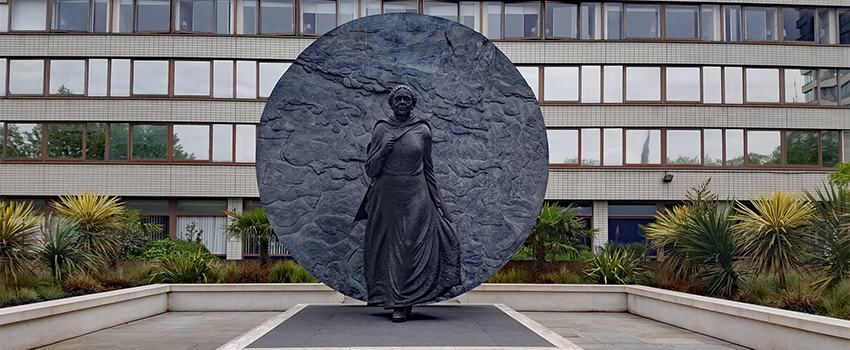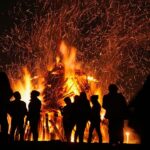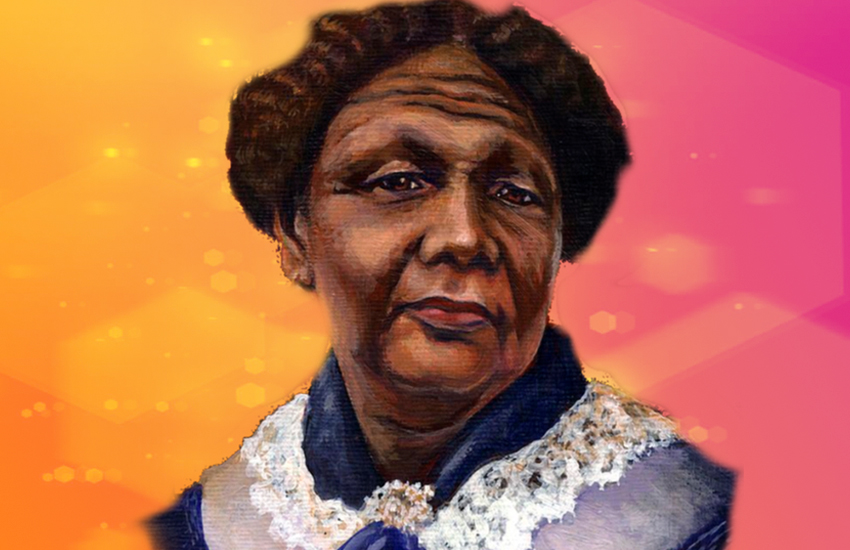Arguably the first nurse practitioner, Mary Seacole is a Jamaican woman who travelled and tended to the wounded.
Seacole’s father was a Scottish soldier stationed in Jamaica. Her mother was a Creole “doctress” – a user of herbal remedies. Seacole’s exact age was unknown, but she wrote in her book “I do not mind confessing that the century and myself were both young together”.
She was keen on travel – taking trips to Panama, England, Bahamas, Haiti and Cuba and spending time healing officers in the Crimean war – earning her the nickname ‘Mother Seacole’.
Seacole headed to Panama to open a store across from her brothers’ – catering to prospectors. In 1852, Panama suffered a Cholera outbreak. Seacole herself suffered before returning to work to treat cholera patients.

She returned to Turkey after major battles had been fought – where she set up a business ‘British Hotel’. It served as an all-in-one store for officers and a canteen for soldiers. She provided warm food to soldiers waiting for transportation to the hospital. She also ventured onto the battlefield and treated wounded soldiers and provided comfort to the dying.
Her book, Wonderful Adventures, was published in July 1857 – it was one of the first memoirs published by a black woman and became a huge success.
Seacole passed away in 1881 at the age of 76. An important figure in Jamaican and British history, her memory lives on through commemorations such as her portrait in the National Portrait Gallery and the Jamaican Nurses’ Association naming their headquarters the Mary Seacole House.









